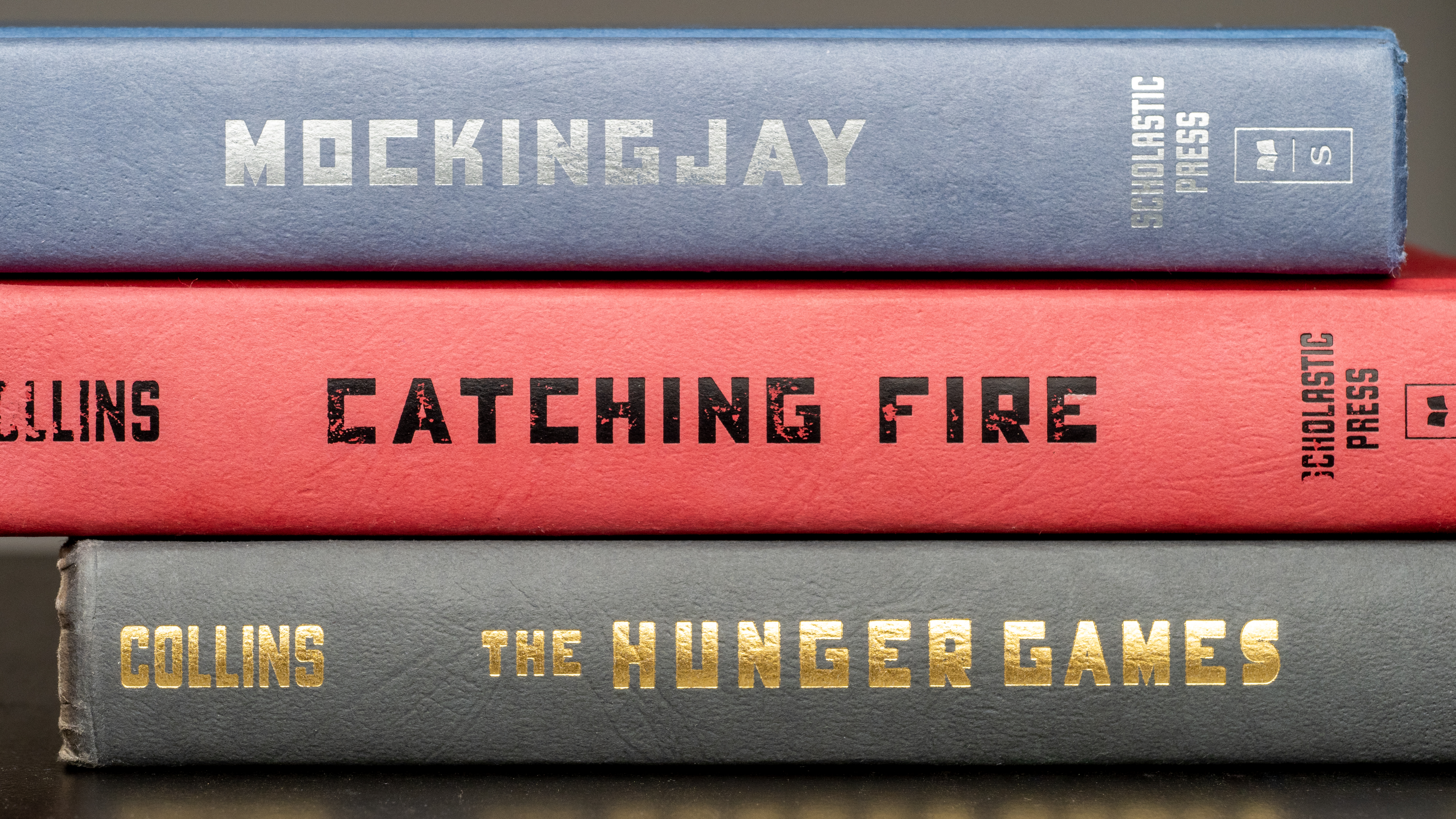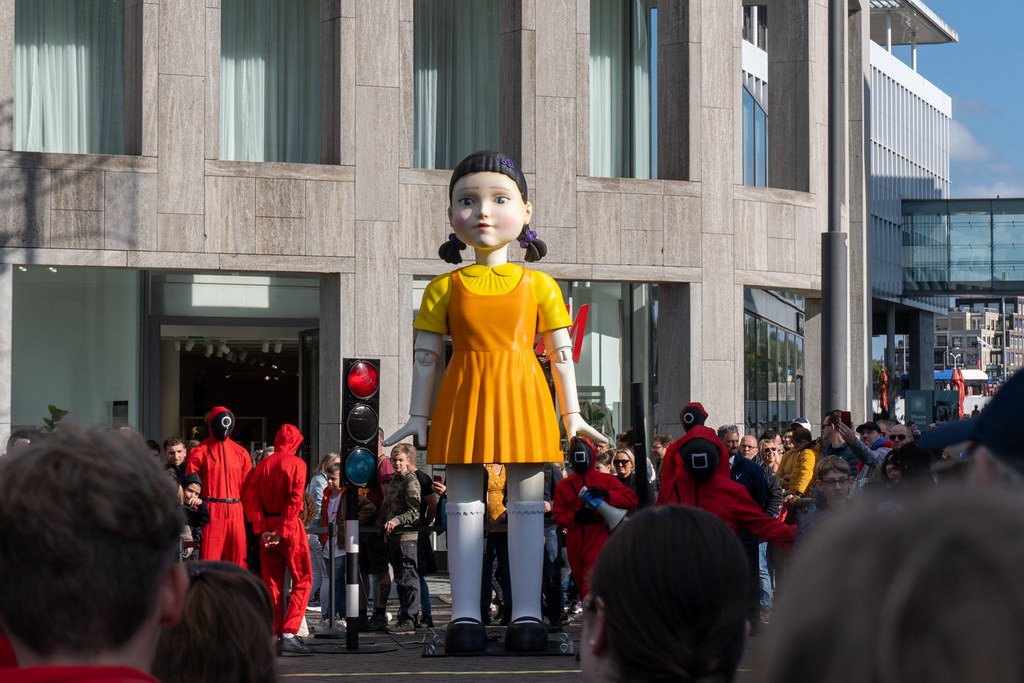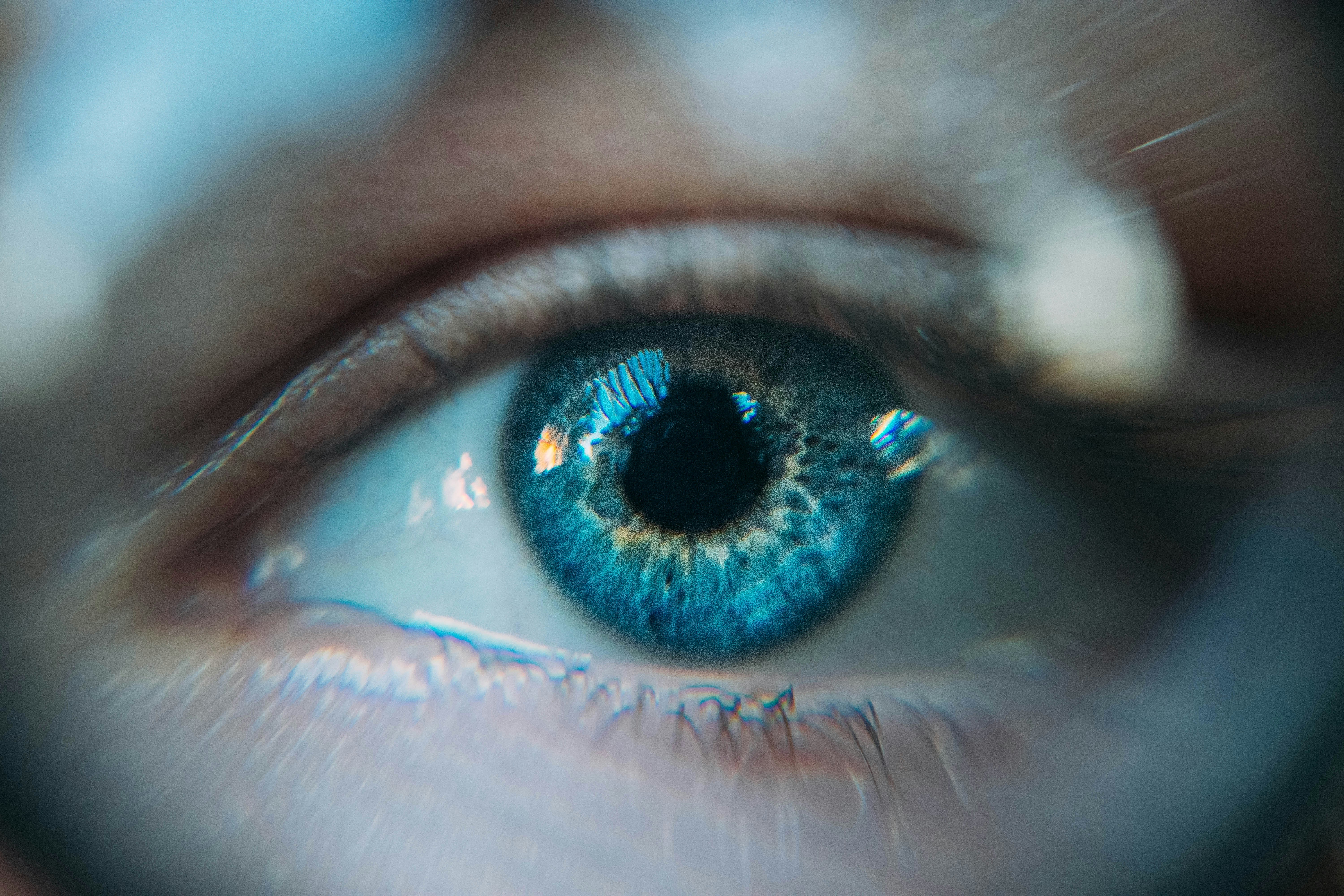Nearly every teen can recall reading their first dystopian novel in school. Whether it is Scythe, Lord of the Flies, or Animal Farm, students can recollect the sentiments they felt as they experienced such a story– the shock behind the death of a character, the anxiety as it seems like the big plan may not work, or the joy of the “good guys” winning. For years, Gen Z has craved these emotions in their books, movies, and television. But what is so appealing about the dystopian genre to our specific generation?
Let us slide into your dms 🥰
Get notified of top trending articles like this one every week! (we won't spam you)The Hunger Games

Image Credit: Ajay Suresh from Wikimedia
One of the most famous dystopian works, The Hunger Games, is a series of novels and movies which has shown an entire generation the extent of the evil that mankind can inflict upon itself– and just how close modern society is to that evil.
The nation of Panem is split between the Capitol, where the elite class enjoys luxurious lives, and the 12 Districts, where families are faced with starvation and instability. Annually, members of the districts are forced into the “Hunger Games”– a fight to the death used as entertainment for the Capitol. Within the games, themes of injustice, identity, power, trust, survival, and even love are seen. Tributes are reminded that the main task is not to overthrow each other, but to overthrow the oppression of the games and the Capitol.
"Remember who the real enemy is."
This quote can be easily recognized by any Hunger Games fan. Originally shared by Haymitch, a past member of the games, it fuels characters' hatred for inequality and desire to end the mistreatment. However, this quote doesn’t only inspire the series’ rebels.
Teenagers across the world consider our own society as they hear such a term. We are constantly so focused on each other– getting better grades than a certain peer, looking just like their favorite celebrity– that we overlook the system that has set up these standards.
Could it be true that Generation Z turns to dystopian media to see the truths of our own lives?

Take the Quiz: Which Squid Game Player Are You?
Ever wondered which player you’d be if you found yourself in the Squid Game universe? Take this quiz to find out which character matches your perso...
1984

Image Credit: Bryn Holmes from Wikimedia
People from across the world recognize the name “George Orwell” as the revolutionary author of Animal Farm, 1984, and more. His literature has warned young readers of past, present, and future societal tragedies. Unfortunately, Generation Z has recognized a pattern. Events that Orwell described in the year 1984 can be noticed through technology relevant 40 years later.
"BIG BROTHER IS WATCHING YOU."
In modern society, it is extremely hard to find true privacy. If a novel published in 1949 is able to predict a theme found in 2025, who knows how long Orwell’s stories will be relevant? This author has successfully impacted our generation by highlighting the corruption in society. Teens across the world have recognized themes within the novel that can be seen in the real world, and with awareness comes change.
Again, dystopian media brings attention to the dystopia of modern life.
Squid Game

Image Credit: Hans Splinter on Wikimedia
The world was already dealing with immense change in September of 2021. Families were unable to hug their loved ones, and students dealt with a completely new system of learning. Then came the release of Squid Game– a bloody show with a bold theme.
The Netflix series took the world by storm during this time of uncertainty. It followed a group of unfortunate people who joined (what they believed was) an innocent set of games to make enough money to pay back their immense debts. However, what they did not realize was that the money would come from the deaths of others within the game. Very quickly, the children’s games became bloodbaths as rich VIPs enjoyed the entertainment from above.
“You don’t trust people because they’re trustworthy. It’s because you have nothing else to lean on.”
Again, Gen Z quickly noticed lifelike trends. The gap between the lowest class and the highest, the usage of human suffering for amusement– many themes of the show are similar to those in other dystopian works, including The Hunger Games and 1984.
Is it truly the likeness to real life that draws Gen Z to dystopian media? Or could it be the inspiration they find in their role models?
The Inspiring Main Characters

Image Credit: Gage Skidmore from Wikimedia
In The Hunger Games: Mockingjay - Part 1, Haymitch tells a group of people to “think of one incident where Katniss Everdeen genuinely moved you.” Characters recall previous events of the series, as do viewers. A signature element of dystopian media is the main character– a revolutionary who aims to lead their people to positive change.
Many times, this leader was originally like any other person, or even an underdog. Yet, as Seneca Crane would say, everyone likes an underdog. Readers and viewers hear about these motivated leaders and think, well, if they can do it, why can’t I? Through various stories, Generation Z is inspired to make changes just like their heroes once did– whether it’s Katniss Everdeen, Neo from The Matrix, or 'Tris Prior from Divergent.
Generation Z's View of the Modern World

Image Credit: Ion Fet on Unsplash
A common theme of fictional dystopias is a division between the government and the people. The wealthy Capitol in The Hunger Games uses the suffering of unfortunate members of the Districts for their personal entertainment; The fascist Party in 1984 refuses all resistance and rebellion; In Squid Game, wealthy international VIPs place bets on the deadly games where desperate participants battle for survival, all while believing they had entered a system designed to assist them. Gen Z has noticed these trends.
In the real world, dysfunctional governments ignore the needs of the people in the lowest classes– many refuse healthcare to those who can’t afford it, or revoke rights from citizens they deem “out of place”. In big cities, millionaires live in penthouses, with views of homeless people sleeping on the concrete next to hostile architecture.
Is there a need to read about exaggerated dystopian societies if you’re living within one? Ironically, multiple of George Orwell’s novels are banned and censored in countries across the world, for speaking against the banning and censorship of knowledge. Dystopian media is nothing but mirrors to many members of Generation Z– providing a chance for teenagers to open their eyes to the world around them.
There are many reasons for people of any age to enjoy any specific genre. However, the attraction of Gen Z to alarming dystopias is undeniable. Without a doubt, the dystopian media of the past will continue to inspire future generations to strive for change, and, without a doubt, Gen Z will continue to be influenced by the dystopias they know into shaping a future far from them.












.jpg)



